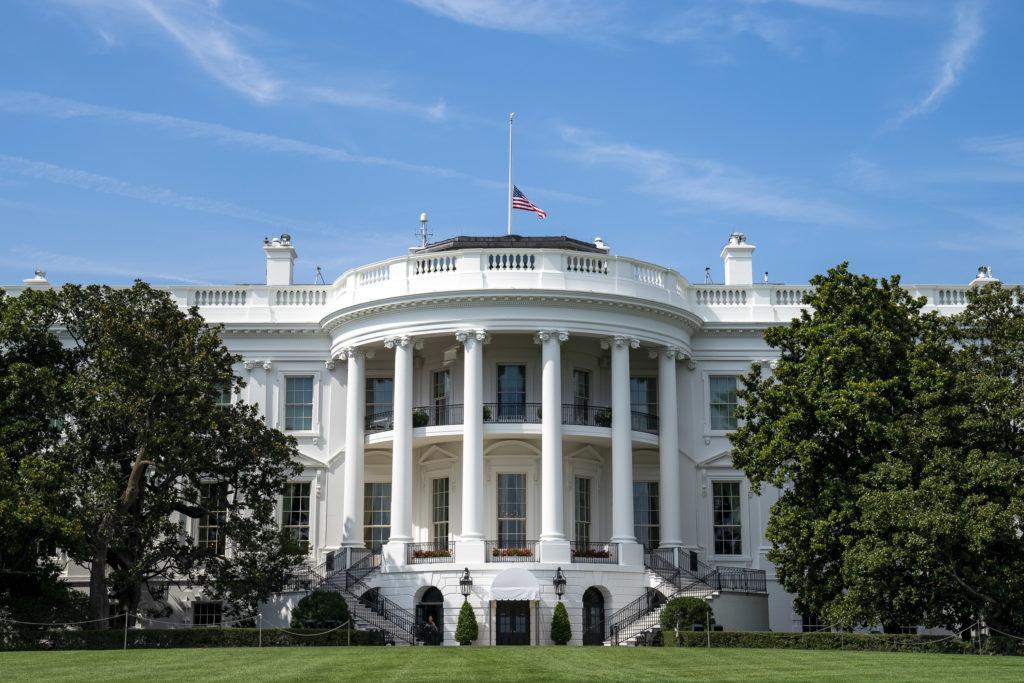The Biden administration has called for Israel to develop a comprehensive strategy to protect Palestinian civilians in Gaza, emphasizing the importance of safeguarding innocent lives amidst ongoing tensions and violence in the region.
A Fresh Approach to Ensuring Safety
In response to recent escalations in the conflict between Israel and Palestine, the Biden administration is urging Israel to prioritize the protection of vulnerable populations in Gaza. This shift highlights the need for upholding human rights and preventing unnecessary harm.
Strengthening Security Measures in Gaza
Given the volatile situation in Gaza, it is imperative for Israel to implement effective security measures that prioritize the safety and well-being of Palestinian civilians. This includes ensuring access to essential services like healthcare and education, as well as creating safe spaces for individuals to seek refuge during times of conflict.
Fostering Collaboration for Peace
To achieve lasting peace and stability in the region, collaboration between Israel and Palestine is crucial. By addressing the root causes of conflict and promoting mutual understanding, both parties can work towards a more secure and prosperous future for all residents of Gaza.
Looking Ahead: Towards a Peaceful Coexistence
Moving forward, Israel must take proactive steps to protect Palestinian civilians in Gaza. By developing a comprehensive plan that prioritizes the safety and well-being of all individuals in the region, Israel can demonstrate its commitment to human rights and foster peaceful coexistence with its Palestinian neighbors.
the Biden administration’s call for an Israeli plan to protect Palestinian civilians in Gaza reflects a renewed focus on promoting peace and security in the region. By prioritizing the safety of vulnerable populations, Israel can contribute to a more stable and prosperous future for all residents of Gaza.
White House Contemplates Response to Potential Rafah Invasion
As tensions escalate in the Middle East, the White House faces a challenging decision on how to respond if Israel defies President Biden with a potential invasion of Rafah. This complex situation could have significant implications for the region and beyond.
Understanding the Conflict Background
The conflict between Israel and Palestine is deeply rooted in historical and political complexities, with ongoing disputes over land and borders. Rafah, a strategic city in the southern Gaza Strip, has been a focal point of contention in recent years.
Potential Ramifications of an Invasion
If Israel were to proceed with an invasion of Rafah against President Biden’s wishes, there could be severe repercussions for all parties involved. The situation may escalate quickly, leading to a full-blown conflict in the region, with risks of increased security measures, civilian casualties, humanitarian crises, international condemnation, and diplomatic fallout.
Factors Influencing Decision-Making
The White House must consider various factors when formulating a response to a potential invasion of Rafah, including past responses to similar situations, alliances and diplomatic relationships in the region, and domestic political considerations.
Prioritizing Peace and Stability
It is crucial for the White House to carefully weigh these factors and make a well-informed decision that prioritizes peace and stability in the region. The evolving situation demands a thoughtful and strategic approach to address the interests of all parties involved.
the White House’s decision on how to respond to a potential invasion of Rafah by Israel is critical, with far-reaching implications for the region and beyond. Prioritizing peace and stability is essential in navigating this complex and challenging situation.




